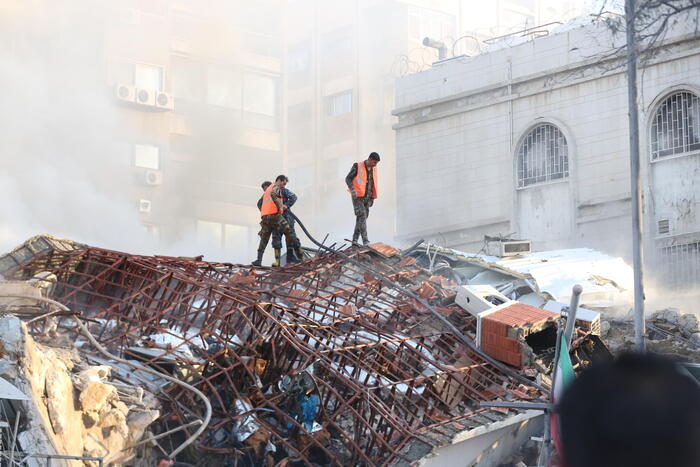Icon: enlarge
Nasrin Sotoudeh (archive picture from 2014)
Photo: Kaveh Kazemi / Getty Images
When Nelson Mandela fell ill with tuberculosis in the 26th year of his sentence in Pollsmoor Prison in Cape Town, the worldwide horror was enormous.
The numerous solidarity groups for Mandela put pressure on him so that he can finally be released.
He was finally released a year and a half later, the rest is history.
The end of the apartheid regime, the election of Mandela as president, his path to national reconciliation, the truth commissions: despite all the setbacks, Mandela's legacy as the keeper of freedom in South Africa continues.
The people in Iran are currently more distant from this freedom than they have been in decades.
There are death sentences every week, for example the gruesome execution of the wrestler Navid Afkari has caused international horror.
In addition, the pandemic is rampant, and the hardest hit are inmates, who have simply been denied the necessary protective measures in prison for months.
In the fall of 2008, I met some human rights activists at a friend's home in Tehran.
Among them was a frail-looking lawyer who campaigned against the execution of minors.
The subject was heavy as lead and hard to digest.
At the end of a long, instructive and exhausting conversation, I asked her whether she had been subjected to repression because of her work or whether she had even been arrested before.
She looked at me startled and said something that I had not expected: "I'm not doing anything wrong. I only act within the framework of the law, even if it is often not enough in this country. I also have two small children. I am them Committed."
A year later, millions of Iranians took to the streets to protest against what was perhaps the grossest election fraud in their country's history.
Many of them disappeared into secret prisons, others were knocked down, arrested, tortured, raped, killed, and displaced.
The aforementioned child rights activist represented a large number of demonstrators of the 2009 protests in court.
On September 4, 2010, she herself, Nasrin Sotoudeh was arrested.
She was imprisoned for three years on abstruse charges.
During this time, she regularly went into hunger disputes - for a total of 5 months - to protest the conditions of all political prisoners.
Nasrin Sotoudeh came back from prison transformed, she had left her fear in the cell.
She herself described her transformation in a letter to her young son Nima as follows:
"My dear Nima,
how could I have witnessed the execution of the youth of our country and be silent about it? How could I bring you to bed with a calm soul while I know how other children are tortured? My son, I couldn't . "
Two days after her release from Evin Prison, the most notorious torture site in Iran, she was standing in front of the so-called Palace of Justice with a protest poster against the situation of political prisoners.
She has accepted mandates again, defended many defendants in hopeless situations, fully aware that the law that she knew on her side often counts for nothing in court.
But their belief in the law remained and remains unbroken to this day.
This courage to do justice was unbearable for the injustice regime.
She was monitored, harassed, and prevented from doing her job.
She described the period before her second arrest as a "move to a larger prison".
When none of this discouraged her, she was arrested again in June 2018.
The allegations were even more bizarre this time, ranging from the usual "espionage" to "inciting prostitution".
She was sentenced to 33 years in prison and 148 lashes.
But even before that, for a society that is increasingly being deprived of its breath, she was a kind of Iranian Nelson Mandela - the symbolic figure for the struggle for freedom.
Because she is not only the recipient of numerous international honors such as the Sakharov Prize of the European Parliament or the Human Rights Prize of the German Association of Judges.
It also defends not only children's and (for everyone in Iran with a sense of justice, of course) women’s rights, but the rights of everyone who is systematically denied rights based on origin, belief, sexual orientation or simply inappropriate thoughts.
She has always had to pay a high price for her deep conviction in law.
She recently ended a life-threatening hunger strike in order to gain the world's attention for the catastrophic conditions not only, but above all of the political prisoners in Iran, especially in times of the pandemic.
In the legendary film "Taxi Tehran", the Berlinale winner and director Jafar Panahi, who himself was banned from working in Iran, erected a monument to Nasrin Sotoudeh.
She gets into his taxi on the way to a young client who was arrested for trying to attend a men's national team volleyball game.
The young woman is on a hunger strike, as her lawyer she wants to see what she can do for her.
"The hunger strike is the last resort," she says.
As a result of her hunger strike, Nasrin Sotoudeh was referred to the hospital last weekend with heart and breathing problems.
For several weeks she suffered from unstable blood pressure, memory loss, migraines, vomiting and dehydration.
After four days of inadequate treatment and no right to visit her desperate family, she was taken straight from the intensive care unit back to Evin Prison, where she broke off the hunger strike after 46 days.
It was certainly not her last hunger strike.
It is obvious that the injustice regime is doing all it can to break her will instead of listening to her.
Whether she survives does not play a special role in the regime, in a panic of her courage.
Joining Sotoudeh's demands means shouting out against the execution of the young wrestler Navid Afkari, demanding medical treatment from the imprisoned journalist Nargess Mohammadi and, above all, demanding the release of all political prisoners.
Including that of the animal rights activist Samy Radjadbi or Nazanin Zaghari-Ratcliffe, who, due to their dual citizenship, are held as a political hostage for the conflict with the West.
If Nasrin Sotoudeh were free, she would represent exactly such clients.
The "taxi driver" Panahi asks her in her film appearance where she would like to be driven.
"To paradise," she replies with a laugh, but means her client's prison.
Many in the secular youth of the Islamic Republic no longer believe, not even in Paradise.
At their side is Nasrin Sotoudeh's place, not in paradise.
"We have to build levees of courage to hold back the tides of fear," said Martin Luther King once.
Nasrin Sotoudeh is Iran's highest levee.
Long may she live.
In freedom.
Icon: The mirror


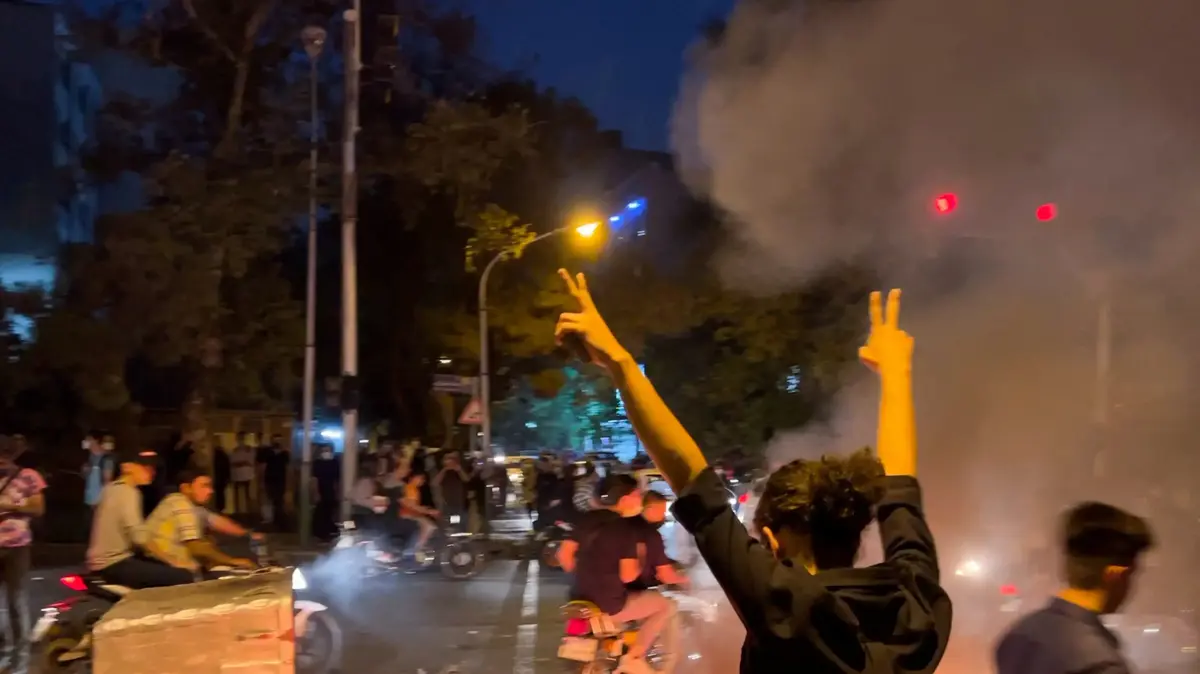
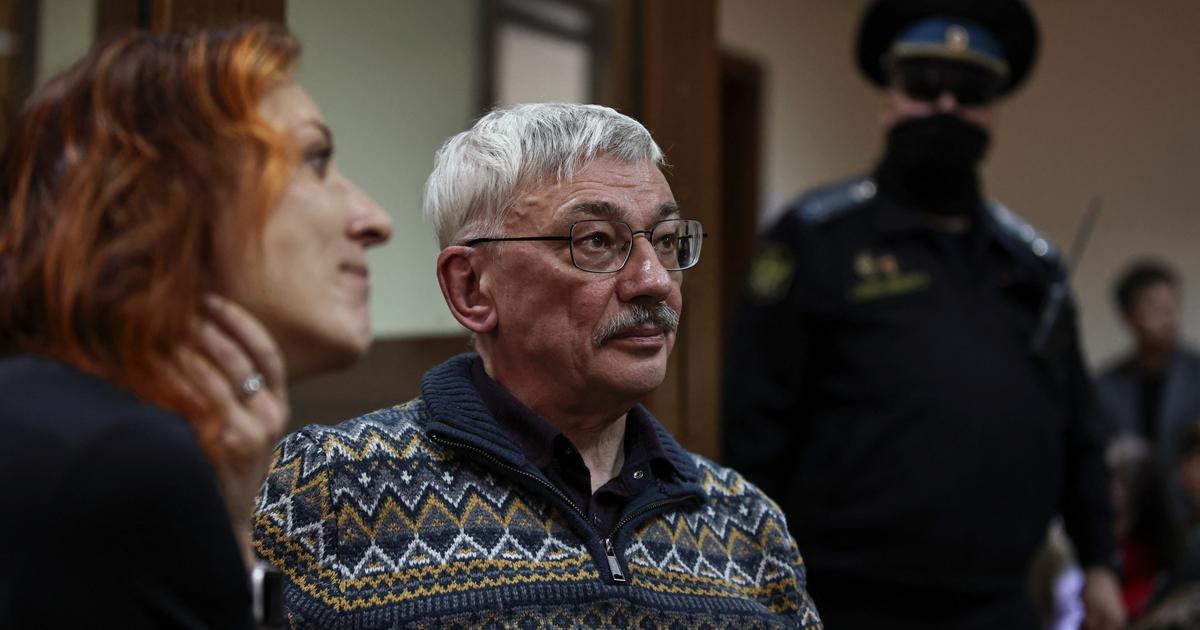

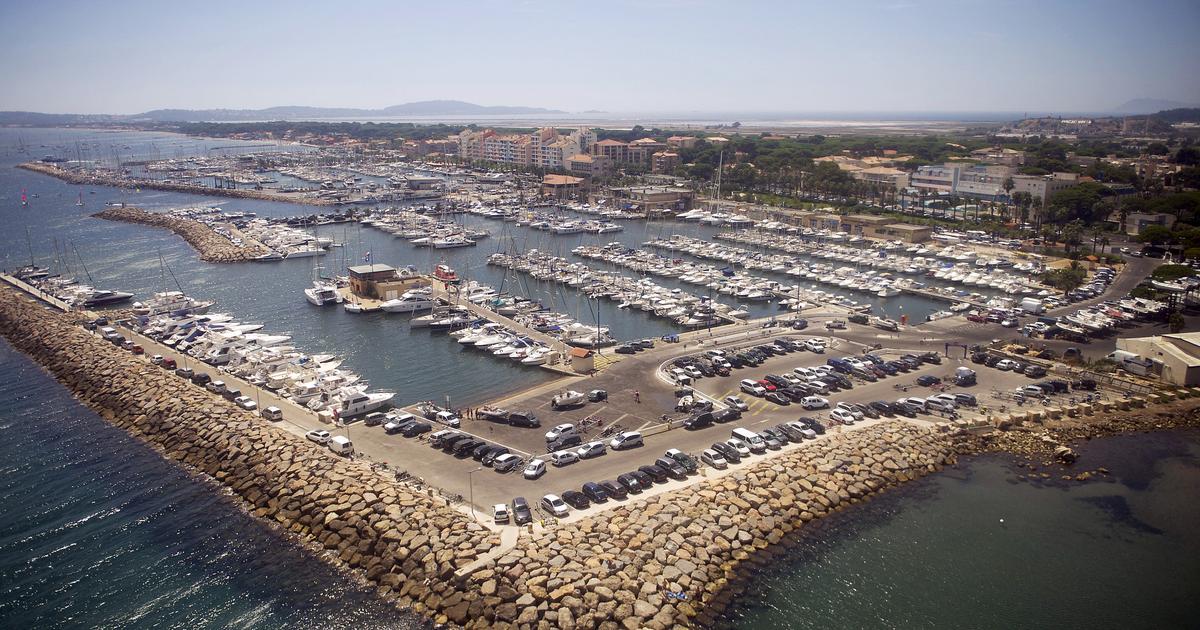
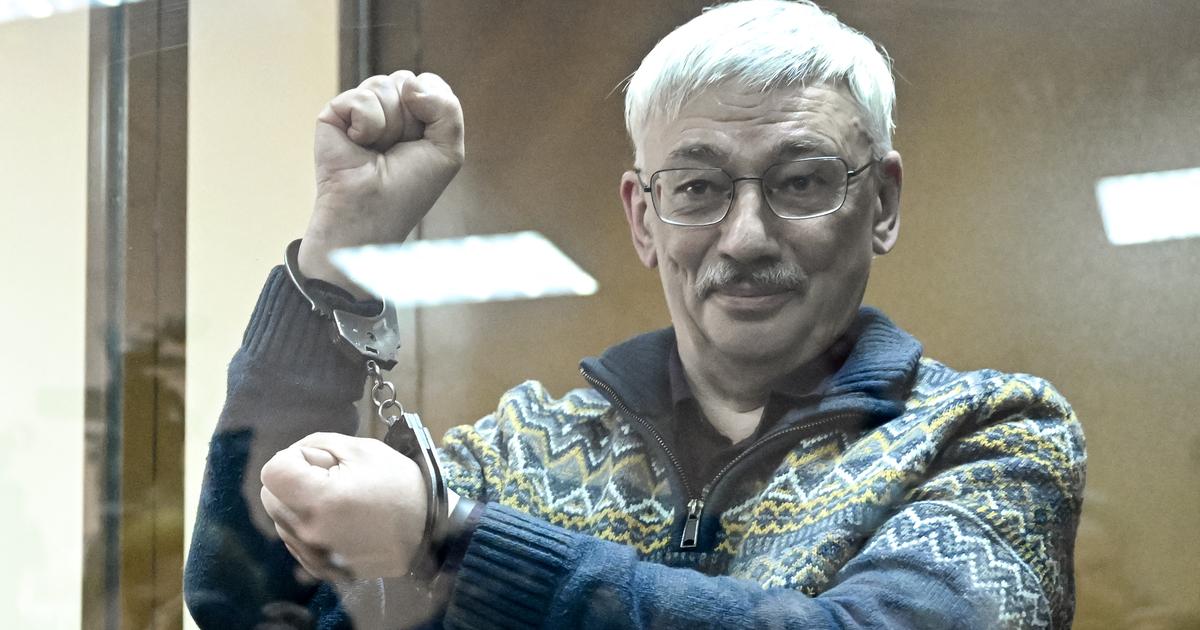
/cloudfront-eu-central-1.images.arcpublishing.com/prisa/F5GRV7HUTZACRHBAVHSBBMKKFM.jpg)
